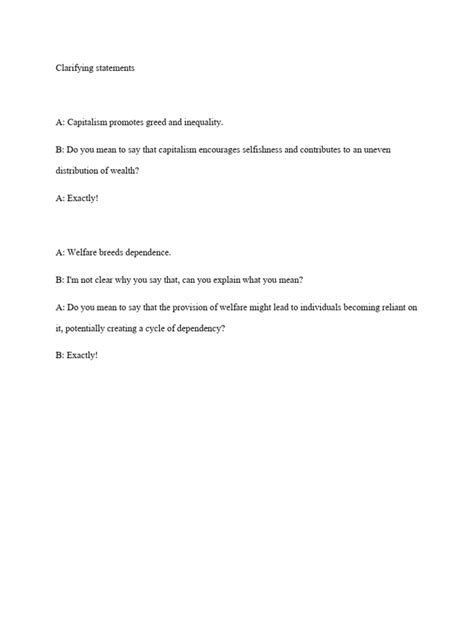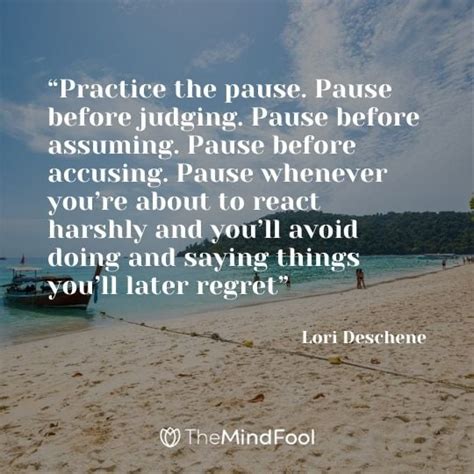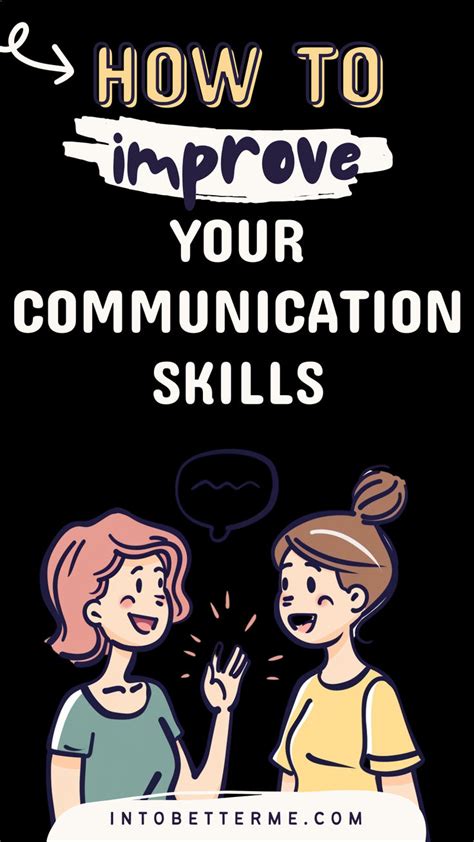The Path to Deeper Connection: Tactical Communication for Men
Effective communication is the bedrock of any thriving relationship, yet for many men, navigating conflict and expressing emotions can feel like a complex and challenging landscape. Societal conditioning often encourages men to be stoic, problem-solvers, or to internalize feelings, which can inadvertently create communication roadblocks. However, by adopting specific tactical shifts in how they communicate, men can not only resolve conflicts more effectively but also forge significantly deeper, more resonant connections with their partners.
Mastering Active Listening: The Foundation of Understanding
One of the most powerful communication tactics is active listening. This goes far beyond simply hearing words; it’s about truly understanding your partner’s perspective, feelings, and needs without immediately formulating a rebuttal or solution. When your partner speaks, resist the urge to interrupt or offer advice prematurely. Instead, focus on:
- Mirroring and Validating: Reflect back what you hear in your own words (e.g., “So, if I understand correctly, you’re feeling frustrated because…”). Validate their feelings by acknowledging them (e.g., “I can see why that would make you feel upset”). Validation doesn’t mean agreeing, but rather recognizing the legitimacy of their emotion.
- Asking Clarifying Questions: Instead of assuming, ask open-ended questions to gain a deeper insight (e.g., “Can you tell me more about what’s bothering you?” or “What do you need from me right now?”).
By making your partner feel genuinely heard and understood, you lay a crucial foundation of trust and respect, often de-escalating tension before it fully takes hold.

Shifting from Defense to Vulnerability
A common pitfall in conflict is the tendency to become defensive or to immediately jump to problem-solving. For men, this can often stem from a desire to fix things or avoid appearing weak. However, true connection blossoms in vulnerability. Instead of defending your actions or trying to justify yourself:
- Own Your Part: Acknowledge your role, however small, in the situation. Even if you didn’t intend to cause harm, acknowledging the impact of your actions (e.g., “I realize my comment came across as dismissive, and I’m sorry for that”) can disarm defensiveness.
- Express Your Feelings, Not Accusations: Focus on sharing your own emotional experience rather than blaming. This leads directly to the next crucial tactic.
De-escalating Conflict with “I” Statements
When disagreements arise, the language we use can either fuel the fire or extinguish it. “You” statements often sound accusatory and put your partner on the defensive (e.g., “You always do X,” or “You make me feel Y”). A powerful tactical shift is to consistently use “I” statements, which focus on your own experience and feelings without assigning blame:
- Structure: “I feel [emotion] when [specific action or situation] because [impact on you].”
- Example: Instead of “You never listen to me!” try, “I feel unheard when I’m trying to explain something and you interrupt, because it makes me feel like my thoughts aren’t valued.”
This approach invites understanding rather than igniting a battle, allowing both partners to express their needs constructively.

The Power of Pausing and Processing
In the heat of an argument, emotions can run high, making rational communication difficult. Learning to press the pause button is a vital tactical skill. If you or your partner feel overwhelmed, agitated, or are getting nowhere, suggest taking a break:
- Call a Time-Out: Clearly state your need (e.g., “I’m feeling overwhelmed right now, and I need 20 minutes to calm down so we can talk more productively. Let’s revisit this at [specific time]”).
- Process Independently: Use the time apart to reflect on your feelings, what you want to communicate, and what you need from the discussion. Avoid stewing or rehearsing attacks.
This prevents escalation, allows for self-regulation, and enables both parties to approach the conversation with greater clarity and a calmer demeanor.

Affirmation and Appreciation: Beyond Conflict Resolution
While resolving conflict is crucial, deepening connection requires more than just fixing problems. Proactive communication that affirms and appreciates your partner strengthens the relational fabric. This means intentionally expressing gratitude and positive regard:
- Regular Expressions of Gratitude: Make it a habit to thank your partner for specific actions or their presence (e.g., “Thank you for doing X,” or “I really appreciate how supportive you’ve been”).
- Positive Affirmations: Verbally acknowledge their qualities you admire (e.g., “I love your sense of humor,” or “You’re incredibly thoughtful”).
These consistent gestures of appreciation create a positive emotional bank account, making both partners feel valued and loved, which in turn makes navigating conflicts much smoother.

Integrating These Shifts for Lasting Connection
Implementing these tactical communication shifts isn’t about changing who you are, but rather expanding your relational toolkit. It requires conscious effort, practice, and patience. There will be times when you revert to old habits, but consistent effort to actively listen, communicate vulnerably, use “I” statements, take pauses, and express appreciation will fundamentally transform your relationships.
By embracing these strategies, men can move beyond reactive arguments and into a space of thoughtful, empathetic engagement, resolving conflicts with greater ease and building a profound, enduring connection that enriches both their lives and the lives of their partners.




